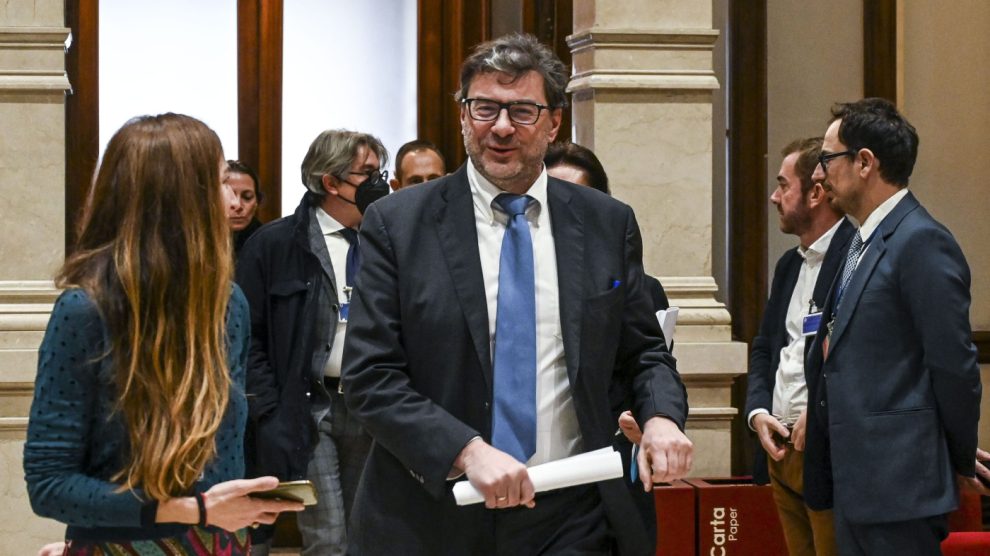The verdict is in. On Wednesday, the European Commission released its opinion on Italy’s 2023 draft budget law, which is still being discussed in Parliament. And it’s an overall positive judgement, in line with the EU’s recommendations, as it keeps spending in check while focussing on key areas for development.
- The country “restrains the growth of domestically-financed primary current expenditure and plans to finance public investment in the green and digital transition and energy security,” reads the statement, which issued an official go-ahead for the country’s fiscal plans.
- MPs are currently hammering out the last details of the draft budget, which is expected to become law by year’s end.
The reactions. “We are particularly satisfied with the Commission’s judgement on the budget law,” commented PM Meloni, calling it “a positive assessment that confirms the good work of the Italian government, underlines the solidity of the economic manoeuvre and reaffirms the vision of development and growth that guides it. We will continue to work in this direction in the interest of Italian citizens, families and businesses.”
- On his part, Economic Minister Giancarlo Giorgetti called the result “a great satisfaction” that disproves the nation’s jinxers. Italy, he commented, officially belongs “to the half of European countries that are on the right side […] seriousness and responsibility pay and will continue to be the basis for all our decisions.”
The criticism. While approving the fiscally prudent and focused budget, Brussels did not fail to point out that Rome is yet to properly intervene on taxes to improve efficiency and tackle evasion and high labour costs. It also rejected the government’s plans for the mandatory use of electronic payments and legal thresholds for cash payments.
More specifically, it condemned four key proposals (which might not make it into the final draft):
- a provision that raises the ceiling for cash transactions from € 2,000 to € 5,000;
- a measure, equated to an amnesty, that allows the cancellation of past tax debts related to 2000-2015 and not exceeding € 1,000;
- the possibility of refusing electronic payments of less than 60 euros without being sanctioned;
- extending early retirement schemes expiring at the end of 2022 into 2023.





